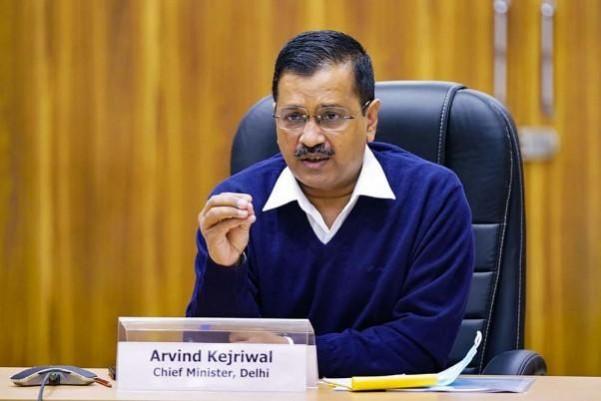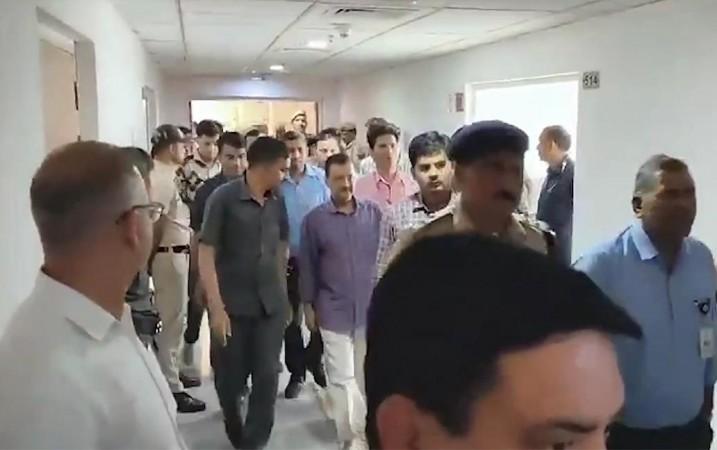
The Delhi High Court on Thursday dismissed a public interest litigation (PIL) seeking Arvind Kejriwal's removal as the Chief Minister of Delhi, saying there is no scope of judicial interference, and that it is for the other wing of the government to examine the same in accordance with law.
A bench headed by Acting Chief Justice Manmohan questioned the petitioner if there is a prohibition or bar which he can show which prevents Kejriwal from continuing as Chief Minister.
"Today, you'll have to show some bar or prohibition. If there is a constitutional failure, President or Governor will act on it," the court said.
The court asked the petitioner if there is any scope for judicial interference in the matter.
The petitioner, Surjit Singh Yadav, a resident of Delhi and self-proclaimed farmer and social worker, had contended that Kejriwal's arrest by the Enforcement Directorate (ED) in connection with the liquor policy case renders him unfit to hold a public office.
Yadav had argued that a Chief Minister -- currently in ED's custody -- embroiled in a financial scandal should not be allowed to continue in office, asserting that his incarceration not only obstructs the due process of law but also undermines the constitutional machinery of the state.

Citing Articles 163 and 164 of the Constitution, the petitioner claimed that Kejriwal's current status as an inmate incapacitates him from fulfilling the duties and responsibilities of his position as a Chief Minister.
The bench on Thursday said: "We read today's newspaper. The L-G is examining the issue. It will go to the President. It belongs to a different wing. It may be very, very difficult, but that is it practical difficulty."
It added: "We don't impose President's Rule. No high court does it. The executive branch will look into this aspect."
The court dismissed the PIL saying that there was no scope for judicial interference in the matter.
The court clarified that it has not commented on the merits of the case.
The plea talked about the practicality of a jailed Chief Minister conducting governmental affairs from prison, suggesting that the scrutiny imposed by prison authorities on all materials reaching Kejriwal would violate the oath of secrecy administered to him as Chief Minister.
Additionally, Yadav had argued that allowing Kejriwal to retain his position would permit him to influence investigations in which he is implicated, contradicting principles of criminal jurisprudence.
The petitioner had urged the court to issue a writ of Quo Warranto, compelling Kejriwal to justify his authority to hold the office of Chief Minister and, ultimately, to remove him from the position.
(With inputs from IANS)

















